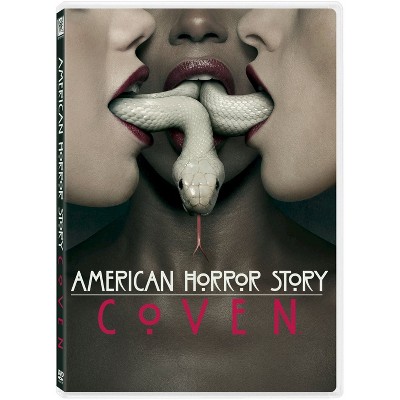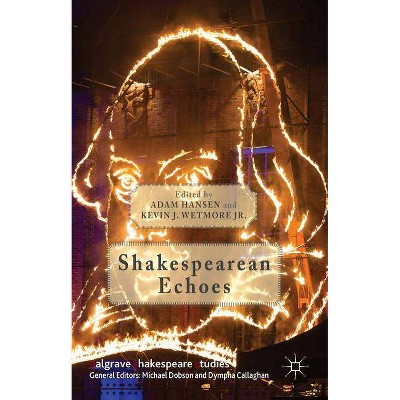Post-9/11 Horror in American Cinema - by Kevin J Wetmore (Paperback)
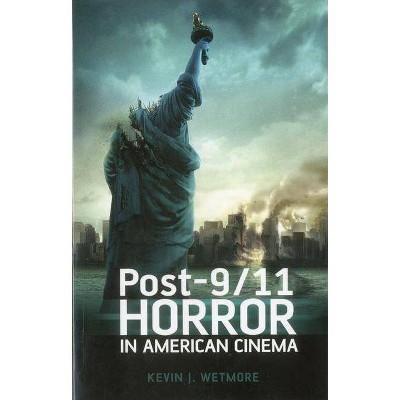
Similar Products
Products of same category from the store
AllProduct info
<p/><br></br><p><b> About the Book </b></p></br></br>Examines how horror cinema has changed as a result of 9/11 and, conversely, how horror films construct and give meaning to 9/11.<p/><br></br><p><b> Book Synopsis </b></p></br></br>The horror film is meant to end in hope: Regan McNeil can be exorcized. A hydrophobic Roy Scheider can blow up a shark. Buffy can and will slay vampires. Heroic human qualities like love, bravery, resourcefulness, and intelligence will eventually defeat the monster. But, after the 9/11, American horror became much more bleak, with many films ending with the deaths of the entire main cast. <br/><br/><em>Post-9/11 Horror in American Cinema</em> illustrates how contemporary horror films explore visceral and emotional reactions to the attacks and how they underpin audiences' ongoing fears about their safety. It examines how scary movies have changed as a result of 9/11 and, conversely, how horror films construct and give meaning to the event in a way that other genres do not. Considering films such as <em>Quarantine, Cloverfield, Hostel</em> and the <em>Saw</em> series, Wetmore examines the transformations in horror cinema since 9/11 and considers not merely how the tropes have changed, but how our understanding of horror itself has changed. <br/><p/><br></br><p><b> About the Author </b></p></br></br>Kevin J. Wetmore, Jr. is an associate professor of theatre arts at Loyola Marymount University, the author and editor of ten books including The Empire Triumphant: Race, Religion and Rebellion in the Star Wars Films, and a contributor to numerous volumes on sci-fi, pop culture and religion, including essays on Godzilla, Star Wars, and Battlestar Galactica. His areas pf expertise include Japanese theatre, African theatre, Shakespeare, Greek tragedy, stage combat and comedy.
Price History
Price Archive shows prices from various stores, lets you see history and find the cheapest. There is no actual sale on the website. For all support, inquiry and suggestion messagescommunication@pricearchive.us
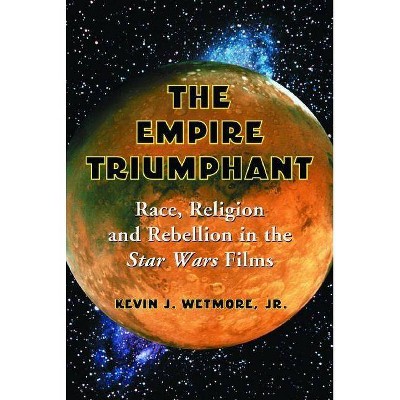
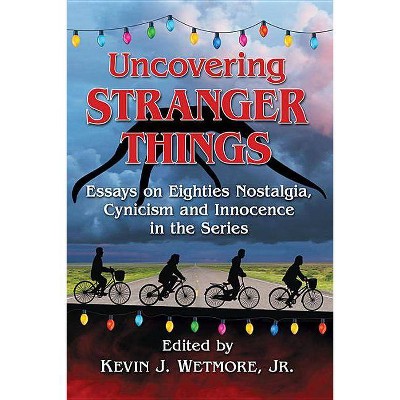
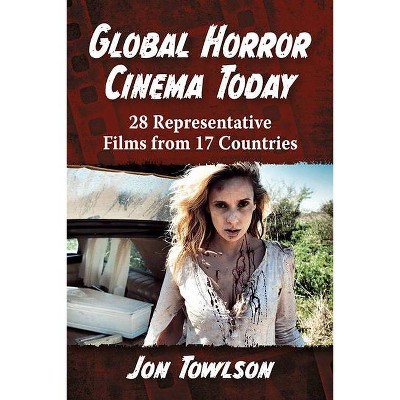
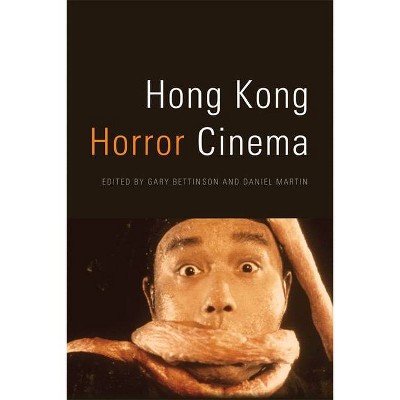
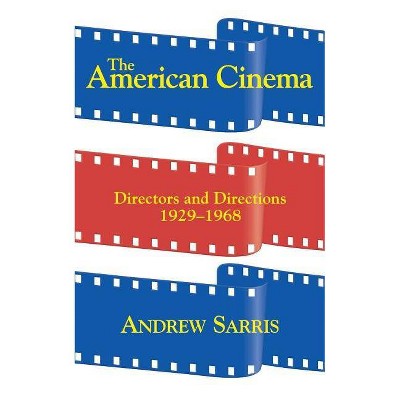
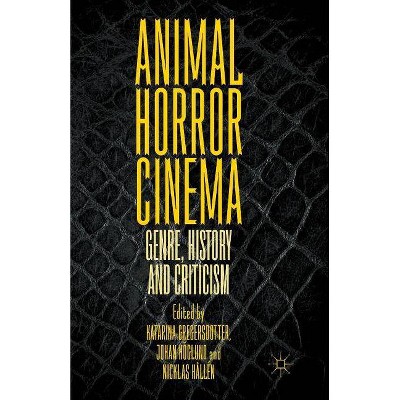
![American Horror Story: Cult [DVD]](https://pisces.bbystatic.com/image2/BestBuy_US/images/products/6265/6265798_so.jpg)
![American Horror Story: Apocalypse [DVD]](https://pisces.bbystatic.com/image2/BestBuy_US/images/products/6355/6355982_so.jpg)
